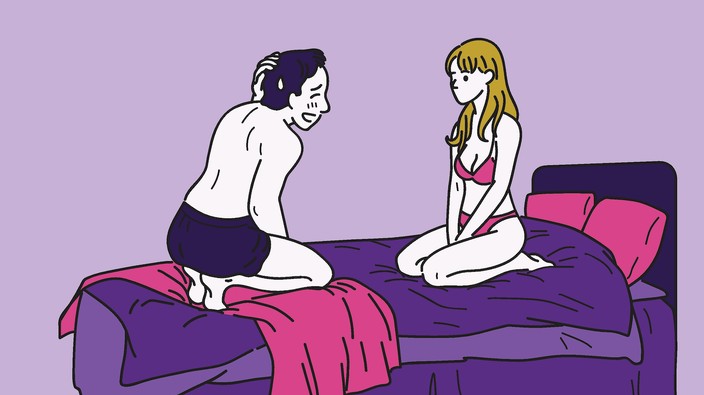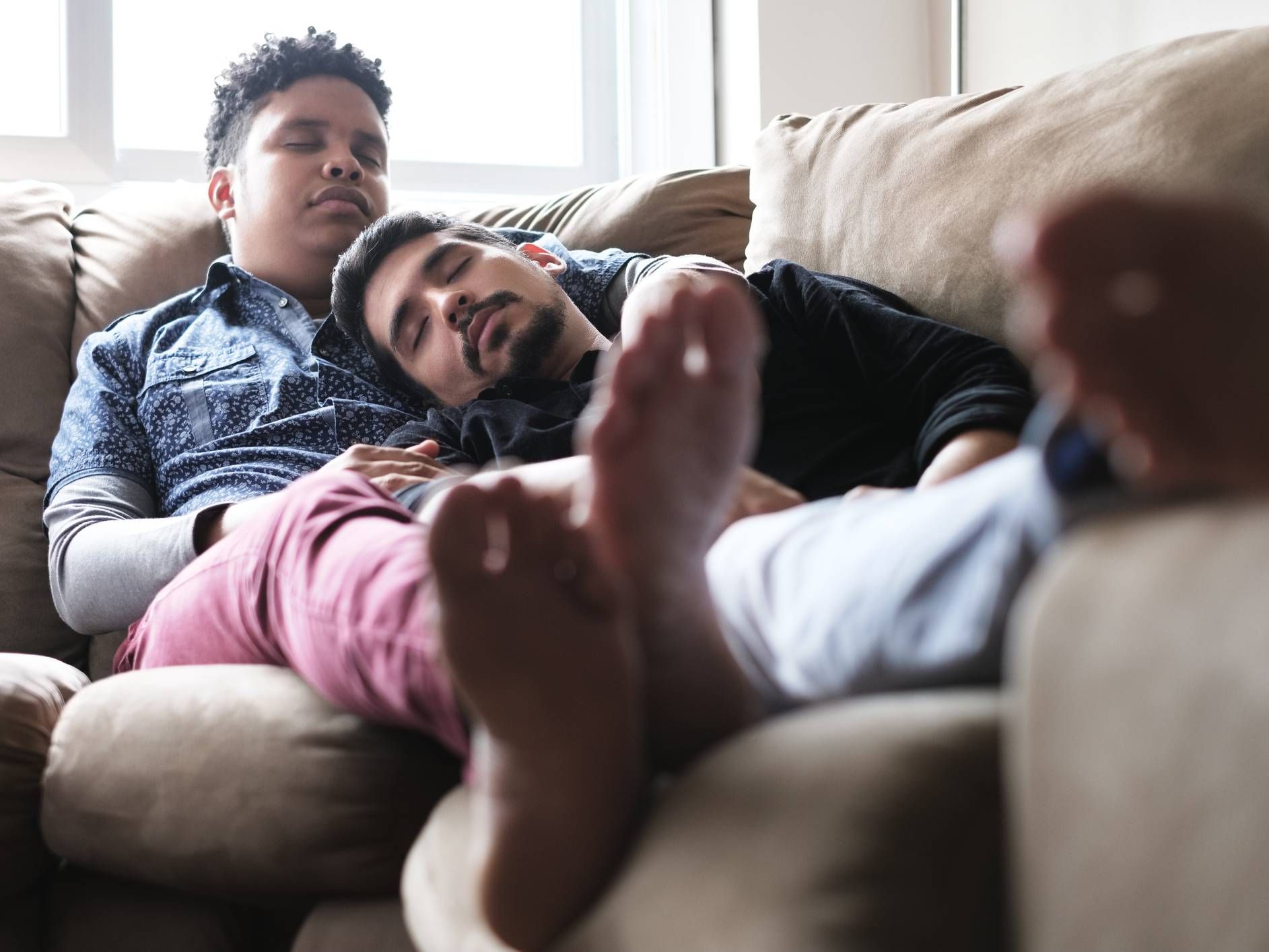“these individuals used the additional time with their partners to devote more time to sexual intimacy, communication and experimentation. adopting this approach may have been a powerful means for individuals and couples to feel both safe and adventurous in their sex lives during a rather scary time.”
respondents to the poll were between the ages of 18 and 76; 66 per cent were women, 30 per cent men and 2.8 per cent identified differently. just under 70 per cent had a regular sexual partner, and 12 per cent had an occasional partner.
berdychevsky also examined the potential of sex-as-leisure to be used as a coping strategy, similar to other sexual coping mechanisms. to this end, respondents were asked whether they had engaged in any attitudinal, behavioural or technology-assisted sex-as-leisure coping mechanisms. attitudinal strategies include things such as engaging in sex for comfort, pleasure or stress relief. behavioural strategies encompass trying out new positions, toys or activities. technology-assisted strategies entail watching pornography, sexting and using social networking apps.
more than half of the respondents to the survey found sex-as-leisure to be a helpful coping mechanism, reporting heightened feelings of playfulness, creativity and spontaneity. sex proved to be a source of pleasure, relaxation and comfort for more than two out of three respondents. it was also used to relieve stress and help pass free time.
 3 minute read
3 minute read









